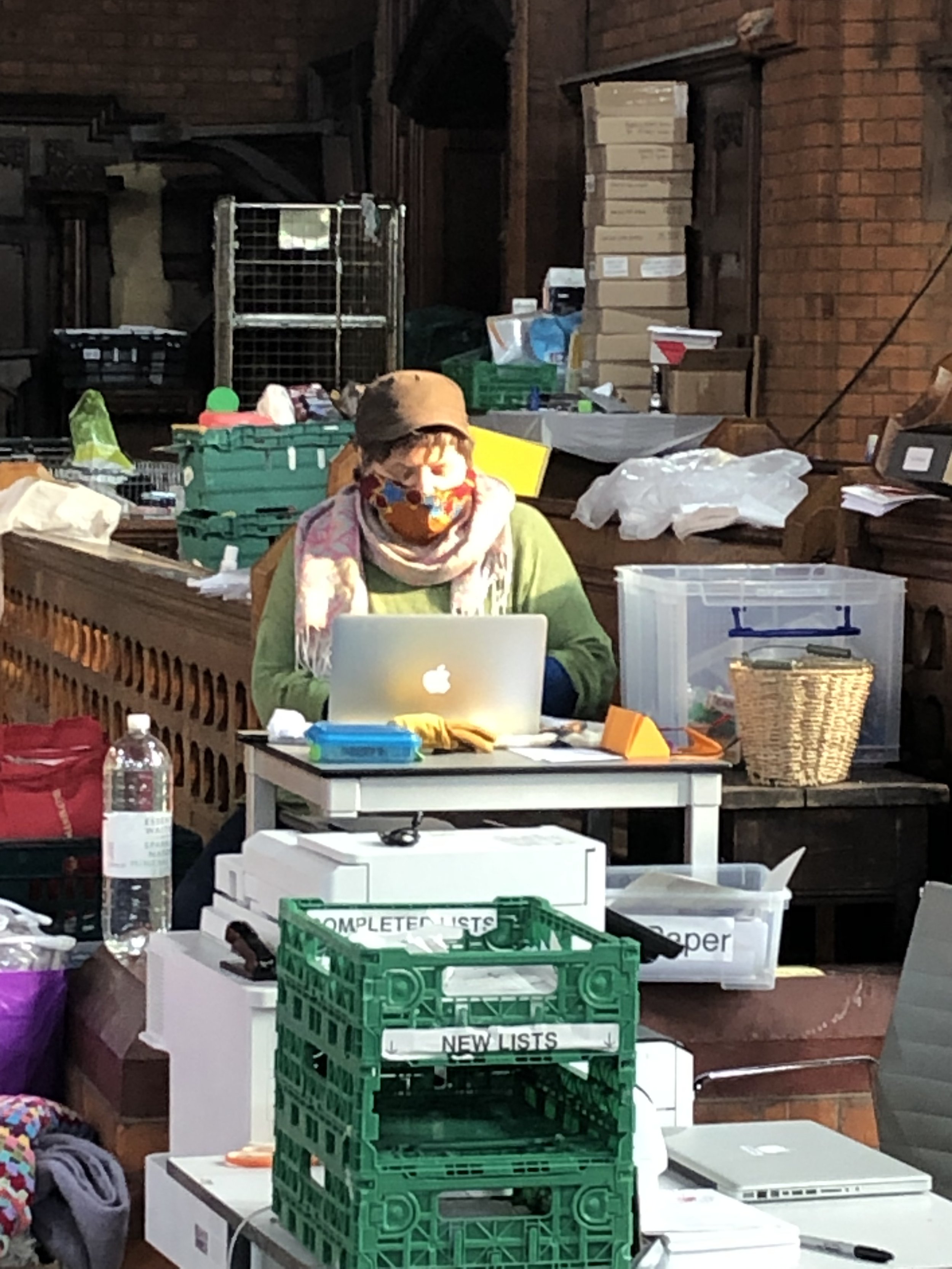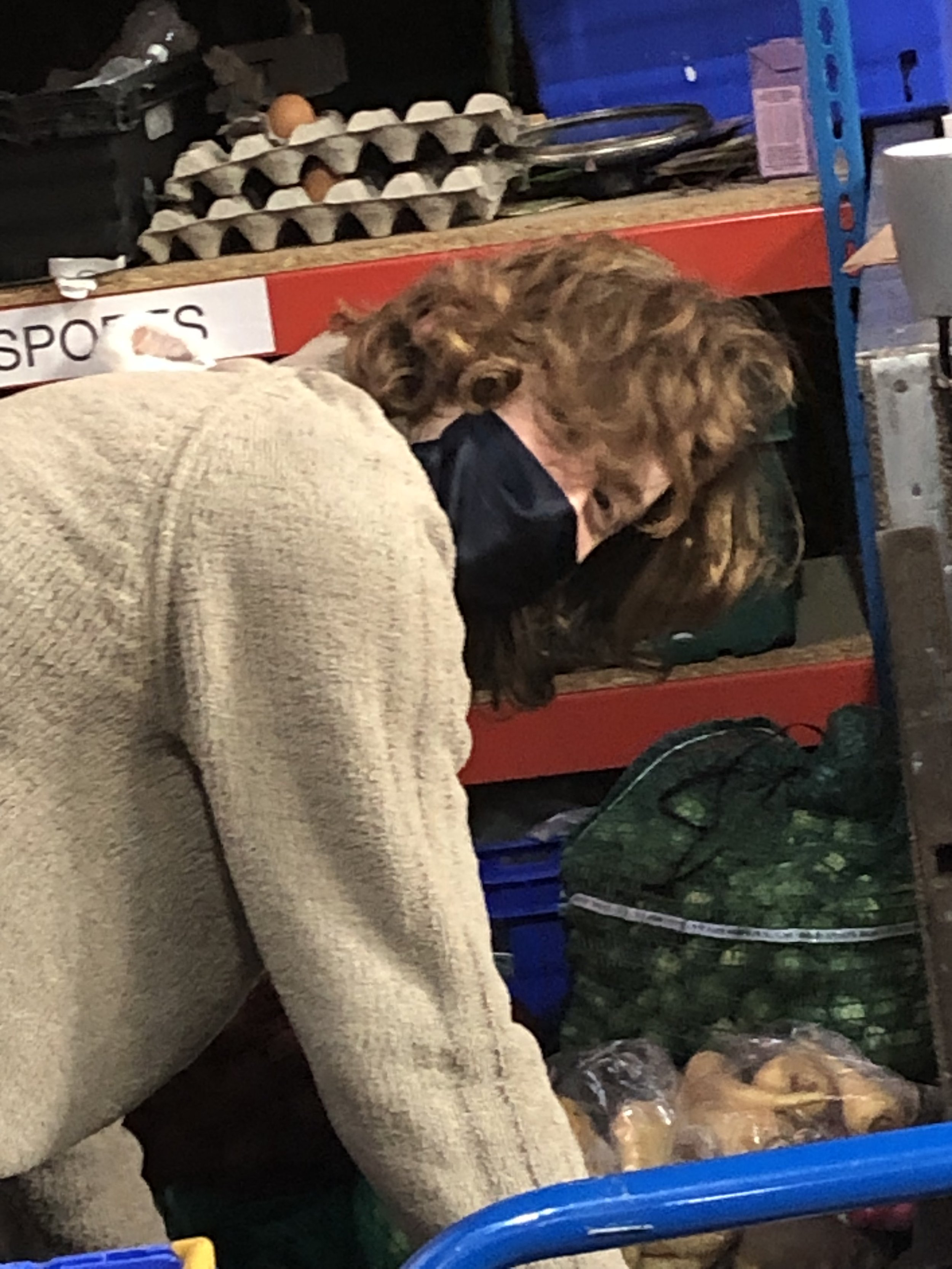COST OF LIVING CRISIS
The rising cost of living, food, housing, energy and travel is hitting people on the lowest income as they spend a higher proportion of their incomes than those with more financial resilience. Ofgem’s announcement of a 54% increase in the energy price cap in April will hit those the hardest.
Child Poverty Action Group (CPAG) analysis shows the value of families’ universal credit will fall by £570 a year, on average. Unless benefits are increased by 7% in April to match inflation, this will be the second income cut for struggling families in six months. A forecast for BBC Panorama said that ‘a typical UK family will spend £1,700 more per year in household costs in 2022’.
In April, benefits will be increased by 3.1 per cent, but inflation is predicted to surpass 6 per cent. We know that low-income families’ budgets were already stretched too far even before the current cost of living crunch. Many are still reeling from the recent £20 cut to universal credit. The energy price rise in April is just the latest challenge, after a decade of benefit cuts and freezes, and an unequal pandemic.
In Brixton & West Norwood Foodbank’s new hub at Emmanuel Church, South London I met Claire. She has responsibility for a child with disability, his sole carer, living on a carers allowance as well as universal credit. She has applied for fuel voucher support from Lambeth Council’s Household Support Fund, as energy prices have risen she is unable to keep the house warm and feed her and her son.
We might all be in the storm but not all of us are in the same boat. The pandemic, rise in demand for goods and rise in price and the inadequate benefits system have exacerbated existing inequalities. I volunteer at foodbanks, support those in crisis, pack food boxes and am a trustee of CPAG and Magic Breakfast plus two foodbanks. The numbers of adults and children in need of emergency provision goes up and up.
Jesus looks to me - and to you - to offer what we can to help. The account of the last judgement in Matthew 25:35 is both a warning and a call to action here and now: “Come, you who are blessed by my Father; take your inheritance, the kingdom prepared for you since the creation of the world. For I was hungry and you gave me something to eat, I was thirsty and you gave me something to drink.’"
As the costs of living continue to rise, I have both a Christian and a moral obligation to answer that question properly. For I know that faith without works really is dead.
Crucially, this message of Jesus, and the wider teaching of the Bible is not just about fixing material poverty: "The impact of excessive and/or widening inequality is as evident in our relationships as in our bank balances."
Inequality also undermines our having good relationships with one another and separates us from the wider community.
I considered addressing the possibility of wealth tax, but without enough space in this short blog, however I seldom think about what it means to have 'enough'.
Given that I personally do have enough and to spare (the parable of the Prodigal Son in Luke 15), what are the implications I need to face? To give more of my money, time and possessions (which are not mine anyway but God’s) to meet the needs I see every day.
“The bread which you hold back belongs to the hungry; the coat, which you guard in your locked storage-chests, belongs to the naked; the footwear mouldering in your closet belongs to those without shoes.” St Basil the Great
Worthwhile though acts of charity are, in the words of St Augustine, ‘Charity is no substitute for justice withheld.’ Poverty is also a result of structural causes and political decision making. It is our job to challenge the structures, and resulting poverty, through political action. Very well done to all members of Christians on the Left who use their political voice to change policy to support those most in need. Never stop.



